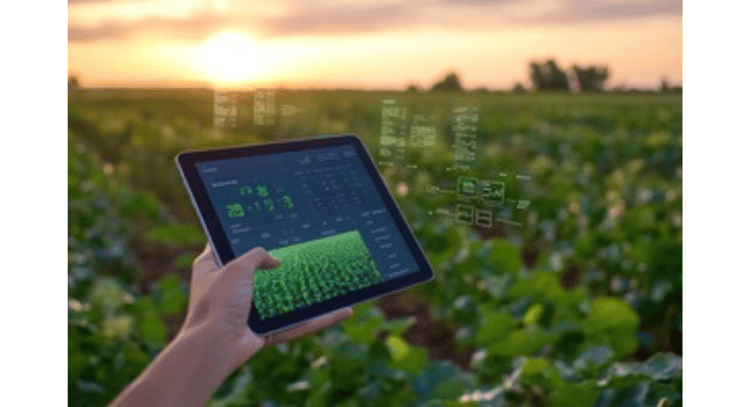Explore the Benefits of Digital Farming for Small-Scale Farmers
In recent years, digital farming has revolutionized the agricultural landscape. While initially perceived as a tool for large-scale operations, digital farming is now empowering small-scale farmers by enhancing productivity, reducing costs, and promoting sustainable practices. Let’s explore how small-scale farmers can reap the benefits of this innovative approach.
What is Digital Farming?
Digital farming integrates advanced technologies like sensors, mobile applications, and data analytics into farming operations. It provides actionable insights to farmers, helping them make informed decisions about planting, irrigation, pest control, and harvesting.
By leveraging these tools, farmers can move beyond traditional practices to adopt a more precise and efficient approach.

Key Benefits of Digital Farming for Small-Scale Farmers
-
Accuracy in Irrigation & Fertigation
Precision in irrigation and fertigation ensures that water and nutrients are delivered directly to the root zone in optimal amounts, minimizing waste and maximizing plant health. This leads to better crop yields, reduced resource consumption, and cost-efficiency for farmers.
-
Increased Crop Yields
By using predictive analytics and real-time monitoring, farmers can detect and address issues like pest infestations or nutrient deficiencies early. Tools like satellite imagery and drone surveys provide detailed insights into crop health, ensuring timely interventions and better productivity.
-
Improved Market Access
Digital platforms connect small-scale farmers directly with markets, bypassing intermediaries. Farmers can sell their produce at competitive prices and gain access to global markets. Additionally, mobile apps offer market trend insights, helping farmers decide what to grow based on demand.
-
Enhanced Financial Inclusion
Digital farming tools often include financial services like microloans, crop insurance, and payment platforms. These services are critical for small-scale farmers who may lack access to traditional banking systems. With digital solutions, they can secure funding and mitigate risks effectively.
-
Climate Resilience
With climate change posing significant challenges, small-scale farmers can benefit from tools that provide accurate weather forecasts, climate adaptation strategies, and early warning systems. These tools help farmers plan their activities to minimize losses due to extreme weather events.
-
Peace of Mind
Automated systems in irrigation and fertigation provide farmers with real-time control and monitoring, reducing manual intervention and human error. This reliability and efficiency allow growers to focus on other aspects of farming, ensuring stress-free and productive operations.
Barriers to Adoption
While the benefits of digital farming are clear, small-scale farmers may face challenges such as:
- High initial costs: The upfront investment for digital tools can be prohibitive.
- Lack of technical knowledge: Farmers may need training to use these technologies effectively.
Addressing these barriers through government policies, community initiatives, and private sector involvement is essential for widespread adoption.
Conclusion
Digital farming has the potential to transform small-scale agriculture by making it more efficient, profitable, and sustainable. By embracing this technology, small-scale farmers can not only improve their livelihoods but also contribute to global food security.
The future of farming lies in innovation, and small-scale farmers are uniquely positioned to thrive in this digital age. With supportive policies and accessible technologies, digital farming can bridge the gap between traditional practices and modern agriculture.
Embrace digital farming—because the future of small-scale agriculture starts now!


COMMENTS
We'd love to hear your thoughts! To enter a comment, type your name and email address.